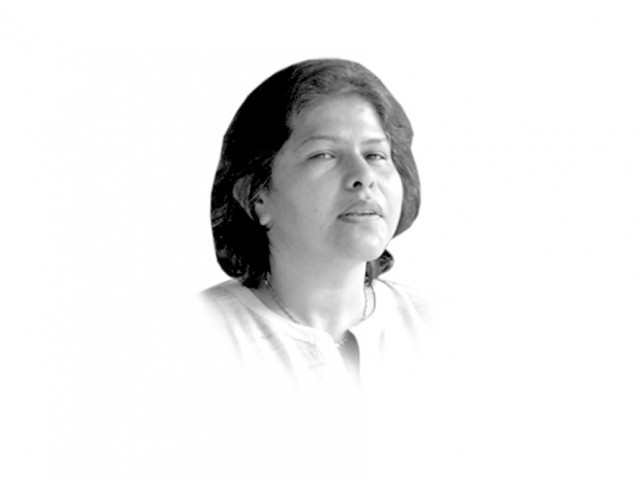Lack of an alternative — II
The discourse of politics has moved away from ideology to becoming a politically asexual process.

Nevertheless, I will insist on the formula of politics being important because this is not just about politicians or political parties. Politics is about negotiating our rights in a non-violent way on the basis of the social contract between the citizen and the state.
There is nothing sacrosanct about states as long as they have the capacity to fulfil, at least to some extent, the aforementioned social contract. As a citizen, I have the right to freedom of expression, to have a legal means of earning my bread and butter, have a fairly safe environment where I could raise my children and also, have security from external threat. Education, health, clean ecology, and a fairly enabling political environment are some of the things which we are all supposed to get for creating our respective states. Given the state’s varied priorities, such politics enables a citizen to vie for his/her interest alongside others.
Looking at Pakistan’s history we seem to have forgotten how to demand our basic rights. It was during my search for an answer to why we had not been able to find an alternative, I came across two fantastic books: (a) The Pakistan People's Party: Rise to Power by an American, Philip Jones and (b) Pakistan’s Other Story — The 1968-69 Revolution, by a left political activist and writer, comrade Lal Khan.
Then, I happened to chat with my neighbour Abdul Qadoos Khan who was once a renowned student leader in what is now Khyber-Pakhtunkhwa province. “You know we would agitate on every issue without greed for money or personal power.” Those were the days when students and labour unions could function unhampered. It was this politics and the movements created as a result of it that put tremendous pressure on the feudal landowners and business community to bring about changes. Lal Khan’s book is worth reading and gives a glimpse of a Pakistan that we don’t see today.
It was a world where you could find an ideology that could oppose the neo-liberal and capitalist paradigm.The reason that Pakistan lacks an alternative today is due to several reasons. First, we, like the rest of the world, have been trapped in a neo-liberal, politically right wing, capitalist discourse. It breeds materialism and represses values.
The above change went hand in hand with the gradual failure of the political experiment called the PPP. A lot of people that later found their way into MQM or other reactionary political forums were dropouts from a failed process. Over the years, the party’s leadership failed to become an effective clearing house for multiple ideological perspectives to being more personality oriented. Surely, in South Asian politics, a dependence on icons is in-built, but a central focus is damaging for both a party and politics in general.
Third, after America’s murder of the Soviet Union, the left politics was replaced with right-wing ideology. I remember asking an old Romanian baron in 1991 if communism was dead and his answer was “I hope not.” It may not have died but it is in deep slumber and unable to counter the narrative of the right which has spread all over the world, not just Pakistan.
Today, the discourse of politics has moved away from ideology to becoming a politically asexual process where the only emphasis is on good governance without any supporting ideology. This makes politics robotic and mechanical without any spirit. The emphasis of polities has become to enhance possibilities for lesser or greater number of stakeholders to make more money. A value system that is based on sharing and values doesn’t exist. This means, that ideologically speaking, political parties don’t look any different from each other. They may be different in terms of their legacy but operationally they have all become the same. The one difference, however, is that who does the party claim to distribute its resources to — the people or a particular group. Socio-politically, this is an environment of deafening silence which is impotent to create alternatives.
Published in The Express Tribune, November 7th, 2010.















COMMENTS
Comments are moderated and generally will be posted if they are on-topic and not abusive.
For more information, please see our Comments FAQ